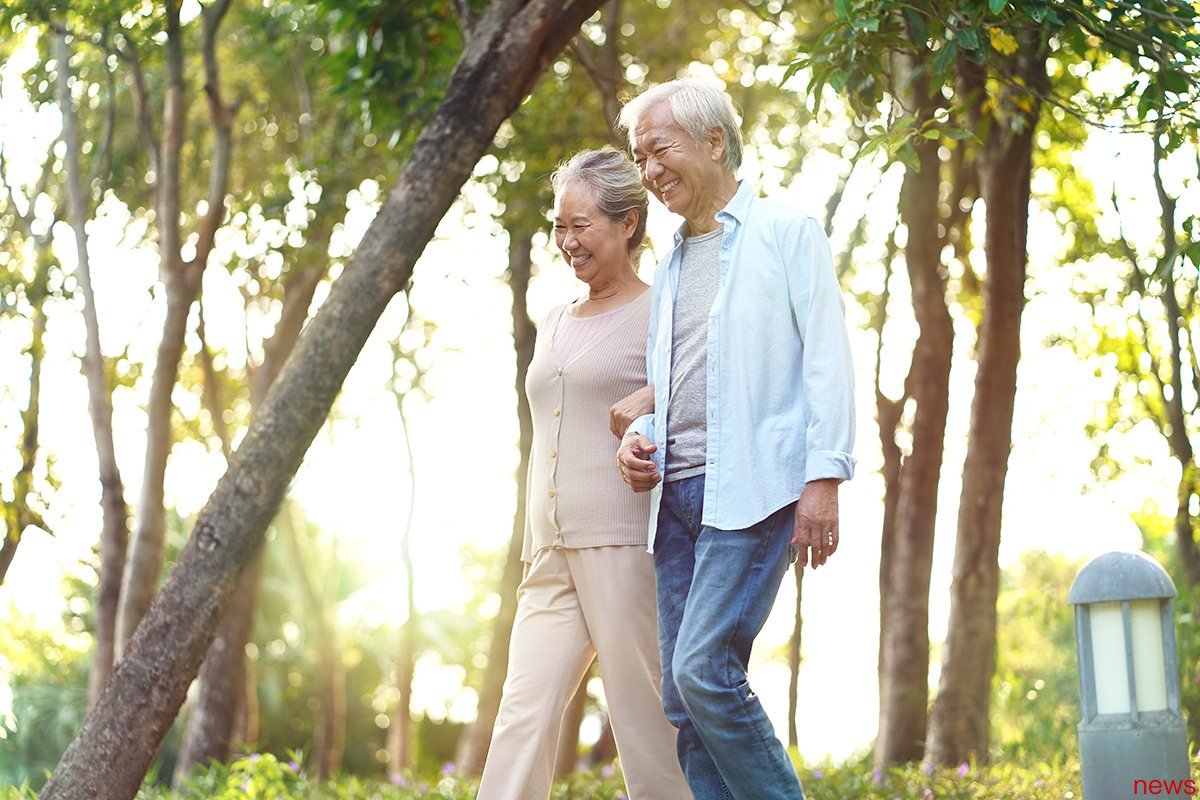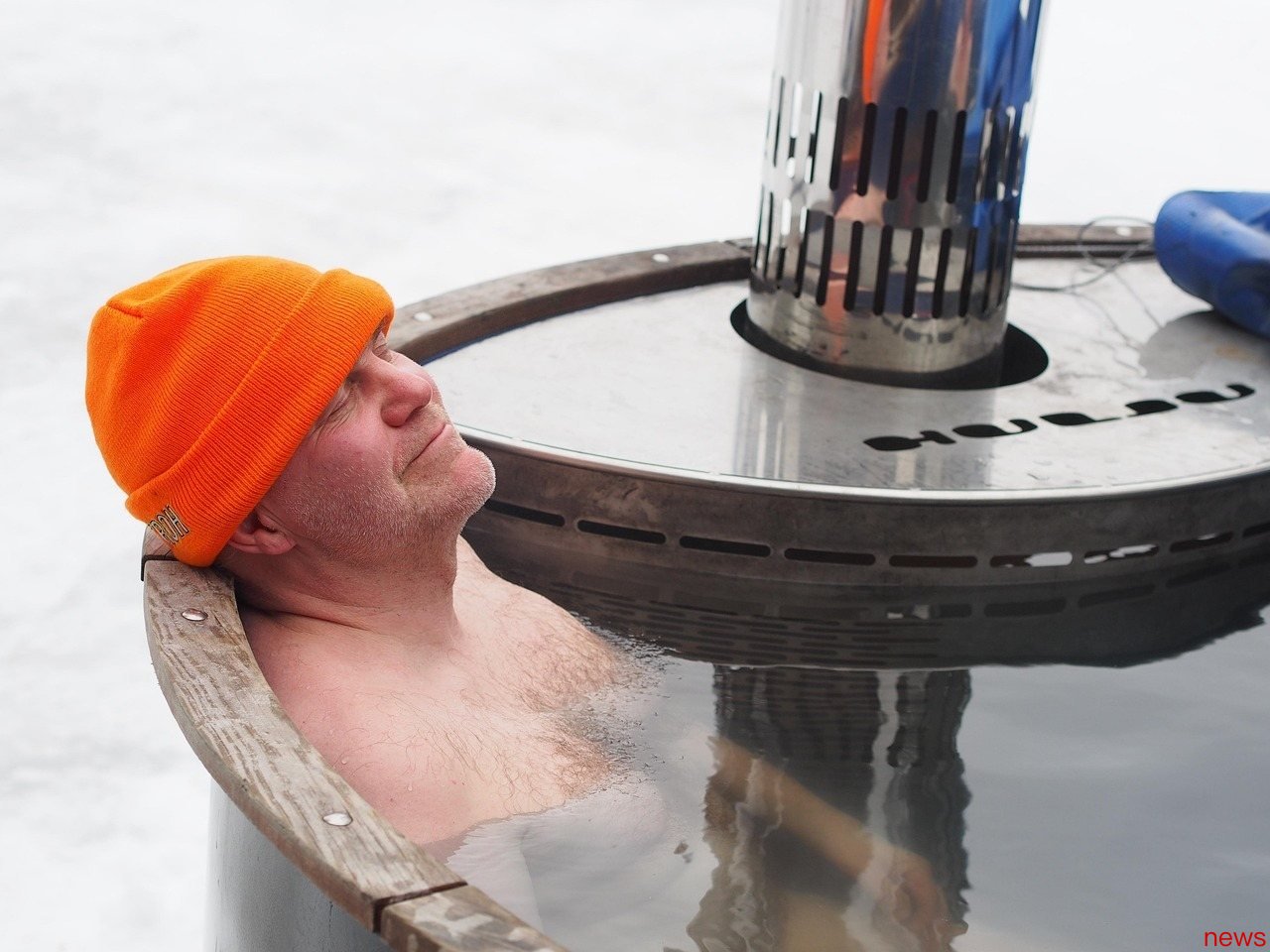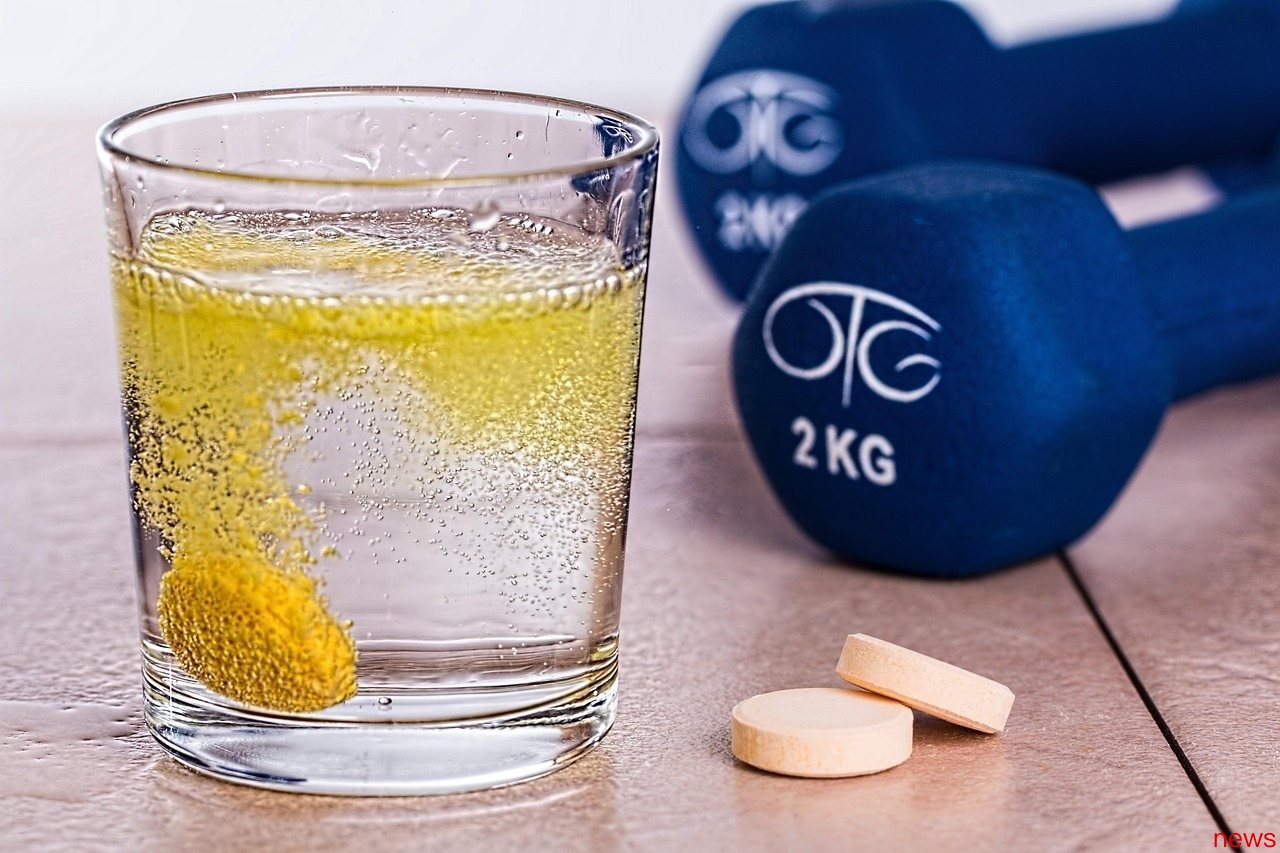When people get older, their physical and psychological states must be different from those of their youth. In order to be more suitable for such changes, many elderly people also realize that they have to gradually adjust their life habits. Japanes...

When people get older, their physical and psychological states must be different from those of their youth. In order to be more suitable for such changes, many elderly people also realize that they have to gradually adjust their life habits. Japanese media "Women 7 Plus" asks health experts and healthy elderly people to share their ways of raising themselves.
Change dietary habits1. The habit of stopping eating three meals a day
A 66-year-old Mr. A said that two years ago he began to reduce three meals a day to two meals. He would have a generous breakfast and usually only enjoy a cup of coffee for lunch, which made him feel more relaxed and more awake. He also had dinner in advance at 5 pm. After making this adjustment, he found that his health checks had improved.
2. Stop keen on various "food care methods"
I often participate in the various anime programs. Dong Hailin Noriko is 90 years old. She said that when she was young, she was a fertile animal and liked to try various popular fertility methods, such as "sea raising method" and "shining mushroom raising method", but she felt that she had never felt any effect in reality, and later she no longer pursued this diet.
3. Stop meal

An old man at 78 said that because he was passionate about dancing, he had been hoping to maintain Miao Jun's figure for many years, and he felt that this way he would look better and his movements with his dance partner would be more smooth. However, a foreign coach told him: "As you grow older, getting a little bit older will make you healthier and make you look younger." This made him begin to enjoy the food he likes to eat.
Psychiatric doctor Hidesuke Wada pointed out that resisting the desire to eat food is a very stressful thing in itself. For the elderly, "stop eating" should also consider that "stop eating" is also one of the conditions for maintaining health.
4. There is no need to over-limit carbohydrates or salts, Nutritionist Rieko Matsuzuki said that if carbohydrates are consumed extremely, you will likely eat more fries and eat a lot of inferior oil, while bad sterols will increase the risk of dysharpening.
It is recommended to use high-quality vegetable oils, such as linseed oil, purple sour oil, virgin olive oil or MCT oil. In addition, some elderly people will specifically control the amount of salt intake, especially those with heart disease, who are required to eat low-calorie diets, but this does not mean that they should eat completely without salt and only eat boiled food. Excessive restrictions on the intake of salt may cause health to become malignant.
5. Make sure to take enough protein, Yoko Ogasawara, who is 75 years old, said that in the past, she was very concerned about the physical index value. When she was over 40 years old, she did not eat meat and chicken eggs because of her high cholesterol. However, she later learned that the animal protein contained in meat and eggs is actually very important for longevity and health.
If protein is insufficient, muscle will be lost quickly, and seriousness may lead to movement difficulties. The ideal intake is about 1 gram of protein per kilogram. For example, for people with 60 kilograms, the recommended daily intake of protein is 60 grams.
In addition, Ogasawara also has a new habit, which is that she no longer spends time preparing for dinner by herself. She will decide what to eat the day before, and eat the leftover food during the day for dinner. This does not require a joint venture, saving time for meals and tidying up. Usually she can finish her meals at 6 o'clock in the evening, which makes her feel much relaxed and she will feel better when she wakes up in the morning.
6. Pay attention to the intake of acidic foods and milk
As age increases, some foods should be avoided in large quantities. Nutritionists say that although foods such as lemon and vinegar and marinade are good for the body, the elderly should pay special attention to the risks of coughing and inhalation pneumonia when eating them.
pharmacist Yuhong Chang also reminded that many people will drink milk to supplement their calcium, but if the elderly have taken vitamin D to prevent bone dysfunction, they should pay attention to the amount of milk to drink, otherwise they may suffer from hyperemia.
Choose suitable exercise methodsAppropriate exercise helps maintain muscle and bone health, but frequent visits to the gym for high-strength training, or taking 10,000 steps a day, may not be suitable for older people.
It is recommended to adjust your body according to your own steps. If you don’t like sports, walking and travel are also good ways. Nutritionists are also supplemented. Walking 10,000 steps a day is only suitable for healthy adults. If you want to prevent weak elderly people, women recommend walking 5,900 steps a day, while men recommend walking 6,700 steps a day.
But taking a bath or taking a bathA 62-year-old woman shared that in order to improve her sensitivity to the cold, she would take a half-body bath every week, about an hour each time, but then a sudden accident occurred.
Later, she shortened her bathing time and came out of the bathtub when she was sweating a little. This change prevented her from catching a cold frequently and her fear of the cold improved.
In this regard, hot spring ritual expert Hayakasaka Shinoya explained: "Watching a bath is good for health, but over time will cause physical pressure."
It is best to take a hot bath for 10 to 15 minutes, otherwise it will easily cause heat stroke and dry skin. Note that the water temperature is between 38 and 40 degrees. Water temperature exceeding 41 degrees will stimulate the sympathetic nervous system and reduce sleep quality. Water temperature exceeding 42 degrees will cause excessive blood pressure and heat stroke. Especially the skin of the elderly may become irritated due to temperature sensation. It is best to use temperature measurement..
Another 68-year-old man also said that he used to take a bath every day, but after he was 60, he thought it was really very laborious to take a bath and often caught a cold. Now in winter, he will take a bath every three days as much as possible, and does not use bath products to clean his body, which has improved his skin's dryness and development.

"Female 7 Plus" found that the healthy elderly people they visit rarely go to hospitals. They believe that even if they start to have problems with their bodies as they are older, it does not mean that they often visit hospitals or rely on drugs.
It is certainly necessary to go to the hospital for treatment when you are sick, but if the symptoms improve, you don’t need to "drug" anymore. It seems that seeing a few more doctors will be more helpful to your health. Excessive drugs and medical treatments are not only unnecessary, but also a burden on your time, money and body.
Take medicines and health supplements with cautionA 71-year-old said that he used to take vitamin D and vitamin E supplements every day, thinking that it could enhance immunity. However, his feet began to bleed and had a bloody condition. The hospital warned him that his kidney function had severely decreased and he needed to be hospitalized immediately and asked him to stop taking health supplements.
 After 40 years of age, when the function of the kidney and liver begins to decline, it takes longer for medicines and health products to receive, thereby increasing the risk of side effects.
After 40 years of age, when the function of the kidney and liver begins to decline, it takes longer for medicines and health products to receive, thereby increasing the risk of side effects.
Reminds that older people may need to take less doses than packaged when taking health products or commercially available cold medicines containing ibuprofen, especially anti-organismic amine drugs that may cause memory loss and dementia.
Long-term use of drugs such as hyperglycemia and abnormal blood lipids may cause stress on the body and the psychology. Compared to relying on drugs, we should also try to improve the symptoms of chronic diseases through daily habits and ask the doctor whether there is a possibility of reducing or stopping taking medicine.